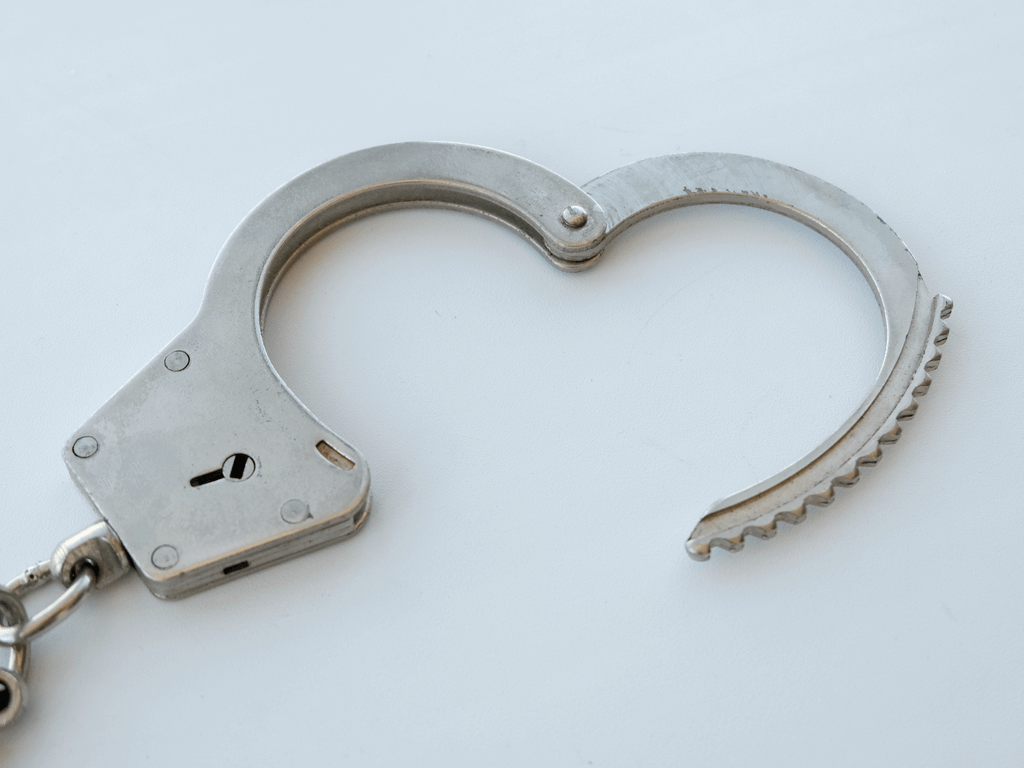6 Common Ways People Violate Parole

You’ve been out of prison on parole for four years now, with one year left. You’ve managed to get your life back together, with a job, friends, and time to yourself. You never violate parole. Then one night, you stay out a bit longer than you usually do, past your 8 o’clock curfew, and you get pulled over. You’re on parole, and the police officer is now reporting this to your parole officer. That’s four years of hard work potentially down the drain because of a common parole violation.
Sometimes, that’s all it takes to extend your parole, or worse, be sent back to prison. When you’re rejoining the free world, you need to be careful not to ever violate parole, even by accident. To help you keep your freedom as long as you can, the parole violation attorneys at Mazzoni Valvano Szewczyk & Karam will help you identify several common parole violations people commonly commit.
Common Ways People Violate Parole
In Pennsylvania, a parole violation can result in a sanction. This can mean a curfew if you didn’t have one before or a worse one if you did. A sanction can even be increased urine testing or attending programs at an in-patient treatment center and/or technical parole violator center. The worst sanction one can receive is to be sent back to prison. So it’s best to avoid these common parole violations.
1. Move/travel without permission
In some cases, while you’re on parole, you cannot leave certain areas without permission. The area you can’t leave is decided on by the court and enforced by your parole officer. This can be your local town, area code, or state. If you need to leave an area for work, or an emergency such as a funeral or a death in the family, you can talk to your parole officer. You can also petition the court to change or expand the area, but they typically want you to stay in the place you were tried in.
2. Break curfew
While not all paroles come with curfews, it’s the easiest rule to break by accident. If your parole demands that you be home by 8 o’clock, you have to be home by 8 o’clock. You will violate parole if you come home even a minute late. Always be aware of how far you are from home and how long the drive there is. If it’s absolutely out of your control, lying to your parole officer or any officer you encounter will only guarantee that they can’t trust you. This will likely lead to you going back to prison over any other sanction.
3. Failure to report to a parole officer
Failing to report to your parole officer is one of the most common parole violations there is because it’s also incredibly easy to do. Depending on what the court mandates, you need to meet with your parole officer, answer a few questions, report how you’re doing, and take drug tests. If you don’t, it would be easy to assume that you’re trying to run away. Even if you meant no ill will by missing, there’s no way for your parole officer and the courts to know your true intentions.
4. Failure to conduct or pass a drug test
Failing to submit to a drug test and failing the drug test typically receive the same consequences. Usually, when someone fails to take one, it’s because they failed to report to their parole officer. You can also violate parole by refusing to take it.
While arguments are being made that drug tests are unnecessary, it’s still the law. You cannot be under the influence of recreational or illegal drugs while under parole. If you need prescription drugs that will affect your drug test, you must inform your parole officer with a note from the doctor. It is not a parole violation to take any drug you are prescribed.
5. Commit a new crime
If you’re on parole and you commit a new crime, you will likely be sent back to prison while you fight the charges in court. Most traffic offenses would not lead to you getting a parole violation charge. It would have to be something along the lines of driving without a legal license or operating an uninsured motor vehicle. Lying about receiving a speeding ticket would be a way to make a minor matter far worse.
So, even if there’s evidence that you’re not guilty, you’ll need a criminal law attorney to keep you out of prison as you fight whatever criminal charge you’ve been dealt.
6. Fraternizing with other convicted felons you were told not to
The court can tell you not to fraternize with other known convicted felons. Even if you can prove that you’re together for no other reason than to watch a football game, the court can say you can’t be together. If your relatives are convicted felons, you can be told not to fraternize with them as well depending on your relation. If there is a family member, such as a spouse, parent, sibling, or child who you believe you must see for your or their well-being, talk to your attorney.
Get a Parole Attorney to Help You
A parole violation attorney can assist you through a parole violation charge, and argue on your behalf to prove that a sanction or rule is unfair. We want you to be able to live your life and succeed. The best way to do this is to help you make sure you don’t violate parole. Then if you are charged with a parole violation, we will defend your freedom in a court of law. Contact the parole violation attorneys at Mazzoni Valvano Szewczyk & Karam today.

